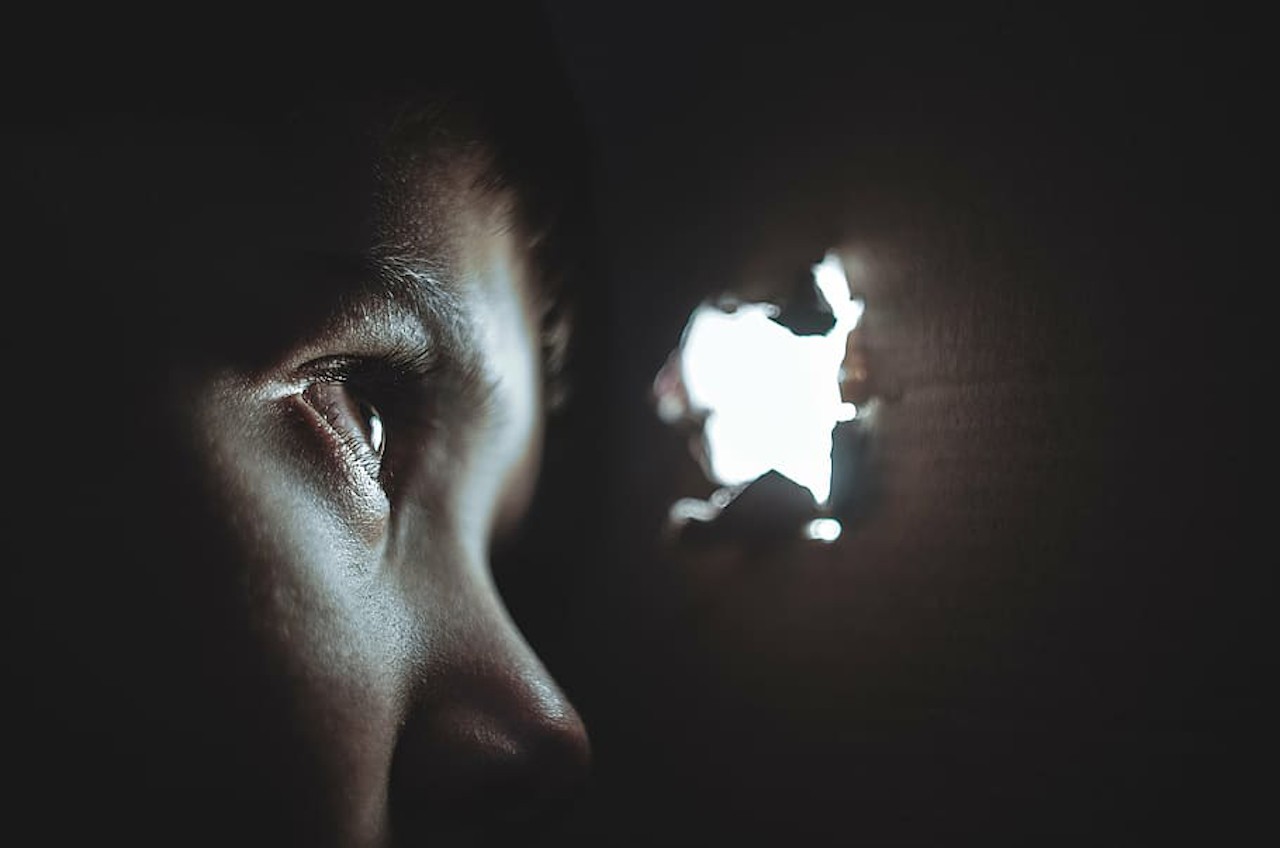Whenever I have a new idea or want to try something new, I will get a little clue. A clue that will tell me not to do it. That hit of anxiety tells me that I shouldn’t take the risk because of all the “what ifs.” My fight-or-flight brain doesn’t realize the difference between calculated risks and recklessness. Sure, forgoing the new idea can relieve me of my anxiety, but a pattern of playing small could lead to long-term depression.
I believe that my level of fear matches the level of risk. It is as if to say that the more scared I am, the bigger the risk. This is one way of rationalizing a purely emotional state. Both fear and risk are relative to the person. People can want to do the same thing as me with less fear. Does that make me or this person more right about the risk level? Most people’s apprehension of something new is based on fear of the unknown.
In truth, taking risks, even the smallest ones, can improve my life. The biggest benefit is that I learn. I can’t learn something new without taking a risk; never taking a risk means being confined to my bubble of knowledge.
What to Do Instead
There are things I can do to help mitigate that fear. First, make sure my emotions and ration are aligned. Just because something feels scarier to me doesn’t mean it’s riskier. I drive a car every day, yet I’m afraid to talk in front of a group. The risk of driving a car can be deadly, but I can’t die of public speaking. When I have a new idea or am called to do something I’ve never done, I assess the risk factor accurately.
If I am afraid of failure, I should try to find ways to increase my chances of success. To return to the public speaking example, I could practice my speech a few times instead of going on stage raw. If I want to start my own business but am afraid of the instability, I should wait until I make a comfortable income from my side hustle before quitting.
Be bold and try something new because this is my first time doing it. Yes, it’ll be a bit scary and stressful, but I can also think of it as an adventure—something I will learn from regardless of whether I succeed.
Questions and Responses
Anxiety about new experiences often stems from fear of the unknown. Our brain perceives unfamiliar situations as potential threats, triggering a fight-or-flight response. This reaction, while protective in nature, can make calculated risks feel more daunting than they truly are.
Not necessarily. Fear is a personal and emotional response, and its intensity can vary widely between individuals. A task that feels intimidating to one person may feel manageable to another. It’s important to assess risks objectively rather than letting fear dictate your decisions.
Taking risks, even small ones, helps you grow and learn. You remain confined to what you already know without stepping out of your comfort zone. Risks can lead to new skills, opportunities, and personal development, making them essential to progress.
Calculated risks involve careful evaluation of potential outcomes, preparation, and strategies to increase success. Recklessness, on the other hand, ignores potential consequences or preparation, leading to unnecessary danger.
Focusing on incremental progress and setting achievable goals can mitigate the fear of failure. Break larger challenges into smaller steps and celebrate small successes along the way. Remember, failure is often a stepping stone to growth and learning.
Yes, consistently avoiding risks due to fear can create a pattern of playing small, limiting growth opportunities and potentially leading to dissatisfaction or depression over time. Taking small, manageable risks can help break this cycle.
Reframe challenges as adventures. Focus on what you can gain from the experience, whether knowledge, skills, or personal growth. Even if the outcome isn’t perfect, the process can be rewarding.
Adopt a mindset of curiosity and learning. Accept that fear is natural, but don’t let it paralyze you. Instead, see each new experience as an opportunity to grow, regardless of the result.

